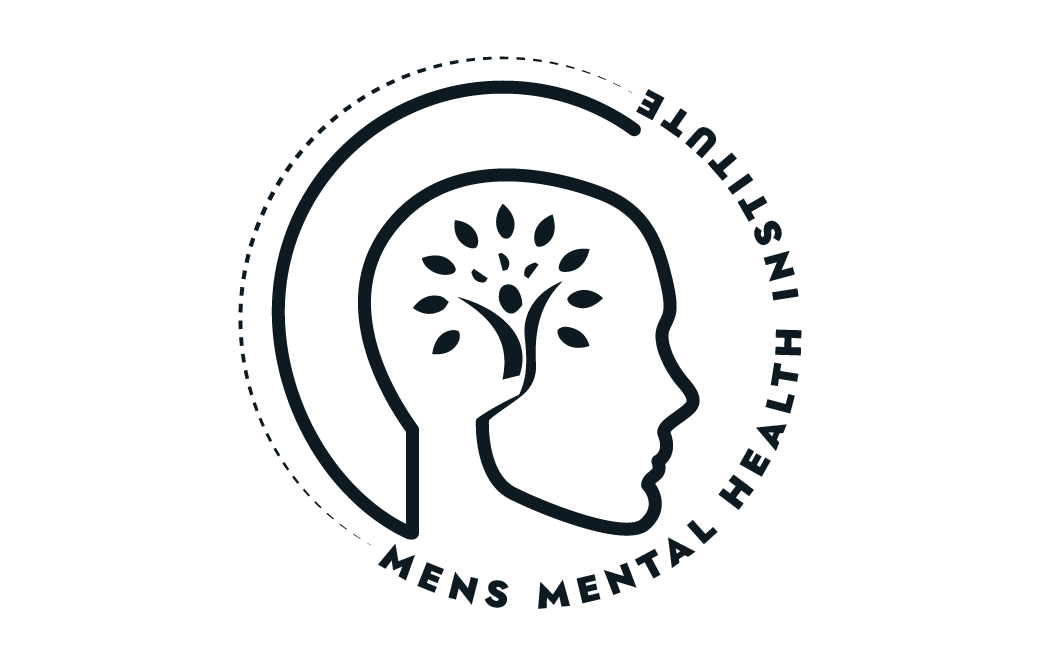The Problem: Why So Many Men Feel Directionless
At some point, many men hit a wall not because they’re weak, but because they’ve spent years doing what they were told would bring fulfillment: working hard, being reliable, suppressing emotion, and putting others first. And yet, there comes a moment where something feels hollow. The drive is there, but the direction isn’t. This is where many men start Googling: “Why do I feel lost?”
From a psychological standpoint, men are wired for purpose. It’s linked to our dopamine system. Evolutionarily, men thrived when their actions had clear, observable results: kill the animal, feed the tribe, build the shelter, protect the family. But in modern life, especially in Western culture, that clarity is gone. The benchmarks for manhood are blurred. Success is no longer tied to tangible achievements but abstract signals: status, money, validation, likes, or constant productivity.
Socially, the masculine identity has also been under attack or confused. Many men are taught to be emotionally open but only in ways deemed “acceptable.” Vulnerability becomes a trap when it’s later used against them in relationships, or worse, seen as weakness in the workplace. Others are told to be “strong” but that often just means silent.
When a man feels lost, it’s not always depression in the clinical sense. It’s often a misalignment between the life he’s built and the inner compass that’s been ignored for too long.
Strategies to Process This Feeling of Being Lost
Therapy for men starts with language, not just words, but how we frame the problem. You’re not “broken.” You’re responding exactly as your nervous system and life experience have trained you to. The first step is understanding the mammalian brain, our survival brain, and how it reacts when meaning and safety are threatened.
Behavioral strategies like clarifying your values, purpose mapping, and daily micro-decisions that build congruence can help. Through solution-focused therapy, we explore what’s already working in your life and expand from there. Not everything is broken, some parts of you are just misdirected, not malfunctioning.
We also integrate tools from cognitive-behavioral therapy (CBT) and depth psychology to uncover subconscious beliefs about masculinity, failure, and worth. Many men have internalized beliefs like “I am only valuable if I’m useful” or “If I stop, I’ll fall apart.” Therapy gently challenges and rewires these.
Somatic awareness is key too. When a man feels lost, his body often knows it before his mind does, through burnout, irritability, numbness, or impulsivity. Grounding techniques, breathwork, and movement-based interventions help re-center you when talk therapy alone isn’t enough.
What You Gain on the Other Side
When men realign with their authentic values and purpose, everything begins to shift. You stop chasing someone else’s version of success and start building your own. You regain mental clarity. You stop apologizing for needing space to think, to rest, to reflect. You build relationships not from neediness or confusion, but from grounded identity.
- In your career, this clarity can translate to better boundaries, increased leadership, or even a change in direction that’s more fulfilling.
- In your relationships, it allows you to show up not as a mask but as a man with something to offer that goes beyond surface-level performance.
- In your mental health, you’ll experience less anxiety, fewer shame spirals, and more agency. You’ll learn that rest isn’t laziness, it’s strategy. That purpose isn’t a destination, it’s a direction you choose every day.








